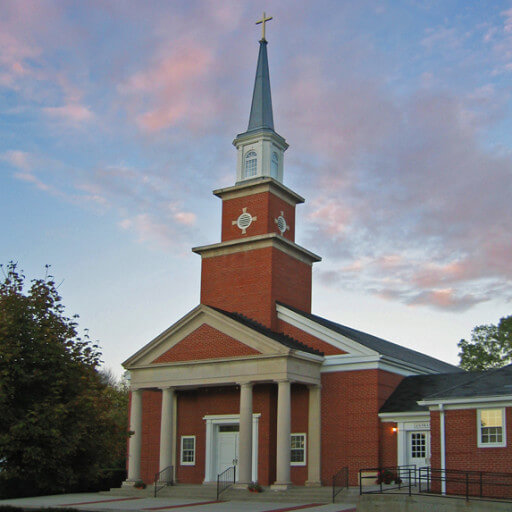"Separated" Pastor Wood
Topic: “Take My Life, and Let It Be Consecrated”
Lyrics: Frances Ridley Havergal (1836-1879)
Music: Henri Abraham Cesar Malan (1787-1864)
1. Take my life, and let it be, Consecrated, Lord, to Thee;
Take my moments and my days, Let them flow in ceaseless praise,
Let them flow in ceaseless praise.
2. Take my hands, and let them move, At the impulse of Thy love;
Take my feet and let them be, Swift and beautiful for Thee,
Swift and beautiful for Thee.
3. Take my voice, and let me sing, Always, only, for my King;
Take my lips, and let them be, Filled with messages from Thee,
Filled with messages from Thee.
4.Take my silver and my gold; Not a mite would I withhold;
Take my intellect, and use, Every power as Thou shalt choose,
Every power as Thou shalt choose.
5. Take my will, and make it Thine; It shall be no longer mine.
Take my heart; it is Thine own; It shall be Thy royal throne,
It shall be Thy royal throne.
6.Take my love; my Lord, I pour, At Thy feet its treasure-store.
Take myself, and I will be, Ever, only, all for Thee,
Ever, only, all for Thee.
Frances Ridley Havergal
Frances Ridely Havergal (1836-1879) has provided us with one of the classic hymns of Christian commitment.
Known as the “consecration poet,” Havergal attempted to live a life fully consecrated to Christ and to those she saw in any physical or spiritual need.
We know that Havergal’s spiritual journey began early in her life, memorizing passages in the Bible at age 4 and writing verse by age seven. She was nurtured by her father, an Anglican clergyman, also devoted to Christian hymnody.
Though Havergal’s health was frail and she lived barely 43 years, she learned several modern languages as well as Hebrew and Greek. She was also a singer of some note and known as an accomplished pianist.
We have an account in her own words concerning the composition of “Take My Life” in 1874:
“I went for a little visit of five days [to Areley House]. There were ten persons in the house, some unconverted and long prayed for, some converted, but not rejoicing Christians. He gave me the prayer, “Lord, give me all in this house!” And He just did. Before I left the house every one had got a blessing. The last night of my visit after I had retired, the governess asked me to go to the two daughters. They were crying, etc.; then and there both of them trusted and rejoiced; it was nearly midnight. I was too happy to sleep, and passed most of the night in praise and renewal of my own consecration; and these little couplets formed themselves, and chimed in my heart one after another till they finished with ‘Ever, Only, ALL for Thee!'”
This hymn of total consecration to Christ seems to cover every aspect of surrender to him. The original text appears originally in six 4-line stanzas. In The United Methodist Hymnal, two stanzas are combined to produce three longer ones. Each line begins with the imperative verb “Take,” giving the sense of an incessant prayer of petition.
